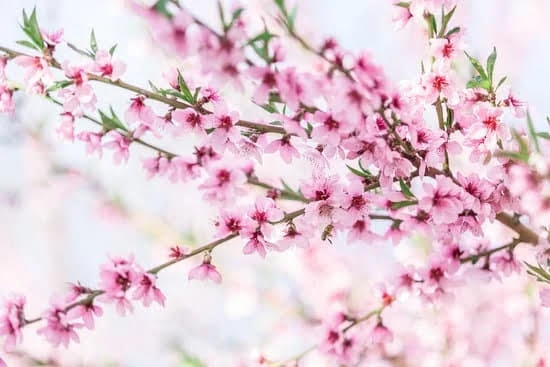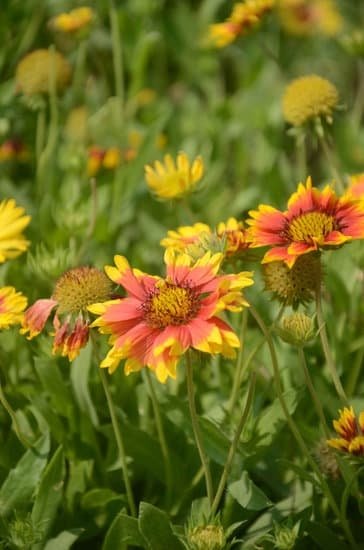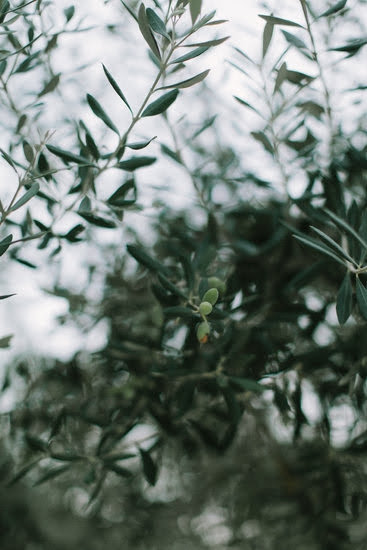Rose Flower Gardening Tips In Malayalam
Malayalam is the official language of the Indian state of Kerala. It is spoken by around 38 million people, making it the most widely spoken language in India after Hindi.
Malayalam is a Dravidian language, related to Tamil and Telugu. It is written in a unique script, which is also used for writing Sanskrit and Hindi.
Malayalam is an ancient language, with a rich literature dating back to the early Middle Ages. Today, it is a vibrant, living language, with a rich culture and a strong literary tradition.
If you are interested in learning more about Malayalam, or in learning Malayalam yourself, there are plenty of resources available online. For starters, you can visit the following websites:
– http://www.malayalamteacher.com/
– http://www.malayalam-online.com/
– http://www.malayalam-language.org/
If you are looking for a more comprehensive introduction to Malayalam, I would recommend the following book:
– “A First Course in Malayalam” by K. P. K. Menon
Malayalam is a fascinating language, and I hope you will take the opportunity to learn more about it!
Home Flower Gardening Tips
Flowers bring beauty and life to any home garden. There are many different types of flowers to choose from, and each one has its own specific needs. Here are some tips to help you get started with home flower gardening:
• Choose the right flowers. Not all flowers are suited for home gardens. Make sure to choose flowers that are both hardy and suited to your climate.
• Plan your garden. Before you start planting, take the time to plan out your garden. Decide what type of flowers you want, and where you want to place them.
• Amend the soil. Most soils need to be amended before planting flowers. Add organic matter such as compost or manure to the soil to improve its quality.
• Plant your flowers correctly. Make sure to plant your flowers at the correct depth and spacing. Follow the instructions on the plant label for the best results.
• Water your plants correctly. Flowers need water to thrive, but you don’t want to water them too much. Make sure to water your plants deeply, and only when necessary.
• Fertilize your plants. Flowers need fertilizer to stay healthy. Use a balanced fertilizer, and follow the instructions on the package.
• Mulch your plants. Mulching your plants helps to protect them from the heat and cold, and it helps to keep the soil moist. Use a layer of mulch around your plants to get the best results.
Flowers add beauty and life to any home garden. By following these tips, you can create a beautiful garden full of colorful flowers.
Flower Gardening Tips
for the Novice
Flower gardening is a great hobby that can provide you with beautiful blooms to enjoy all year round. However, if you are new to flower gardening, there are a few things you should know to help you get started.
One of the most important things to remember when gardening is to always read the labels on your plants. This will tell you what type of soil and watering requirements the plant has. It is also important to follow the planting instructions on the label.
When planting your flowers, make sure to loosen the soil and add some organic matter such as compost or peat moss. This will help to improve the soil’s drainage and fertility. Be sure to water your plants well after planting, and then continue to water them as needed.
If you are experiencing difficulty in keeping your flowers blooming, you may need to add a fertilizer to your garden. A balanced fertilizer such as 10-10-10 is a good choice, and should be applied according to the instructions on the package.
To keep your flowers looking their best, be sure to deadhead them regularly. This means removing the spent flowers from the plant so that the energy can be used to produce new blooms.
Flower gardening can be a fun and rewarding hobby. By following these tips, you can help ensure that your flowers will thrive and bloom beautifully.
Poppy Flower Gardening Tips
Poppy plants are beautiful additions to any garden, and they provide a variety of benefits that other plants cannot offer. Poppies are drought tolerant and can thrive in areas that other plants cannot, making them the perfect choice for gardens in arid climates. They also attract bees and other pollinators, which is great for gardens that are seeking to increase the population of these helpful insects. Additionally, the bright blooms of poppy plants can add color and interest to any garden.
When planting poppies, it is important to keep in mind the size of the plants at maturity. Poppies can grow up to three feet tall, so make sure there is enough space in your garden for them to grow. They also prefer full sun, so make sure they are planted in an area that receives plenty of sunlight.
Poppies can be propagated by seed or by division. To propagate by division, simply divide the clump of poppies into several smaller clumps and replant them. To propagate by seed, simply scatter the poppy seeds over the soil and tamp them down lightly. Be sure to water the seeds regularly until they germinate.
Poppies are not particularly fussy plants and can be fertilized once or twice a year with a balanced fertilizer. However, it is important to avoid overfertilizing them, as this can lead to lush foliage but few blooms.
Poppies are susceptible to a few pests and diseases, but most of these can be controlled with proper garden maintenance. The most common pests that affect poppies are aphids and spider mites. Aphids can be controlled with a strong stream of water or by spraying them with an insecticidal soap, and spider mites can be controlled with a miticide. The most common diseases that affect poppies are powdery mildew and rust, both of which can be controlled with a fungicide.
Poppies are beautiful plants that offer a variety of benefits to any garden. They are drought tolerant, attract pollinators, and add color and interest to any garden. Poppies can be propagated by division or by seed, and they can be fertilized once or twice a year with a balanced fertilizer. Poppies are susceptible to a few pests and diseases, but most of these can be controlled with proper garden maintenance.
White Flower Farm Com Gardening Tips
Welcome to the White Flower Farm blog! We are excited to share our gardening tips with you.
In this blog, we will discuss everything from planting tips to gardening advice. We will also share gardening tips from our experts, as well as from our customers.
We hope that you find this blog helpful and informative. Thank you for visiting White Flower Farm!
“

Welcome to my gardening blog! I am passionate about plants and enjoy sharing my knowledge and experiences with others. In this blog, I will write about everything related to gardening, from tips on how to get started to updates on my own garden projects.





